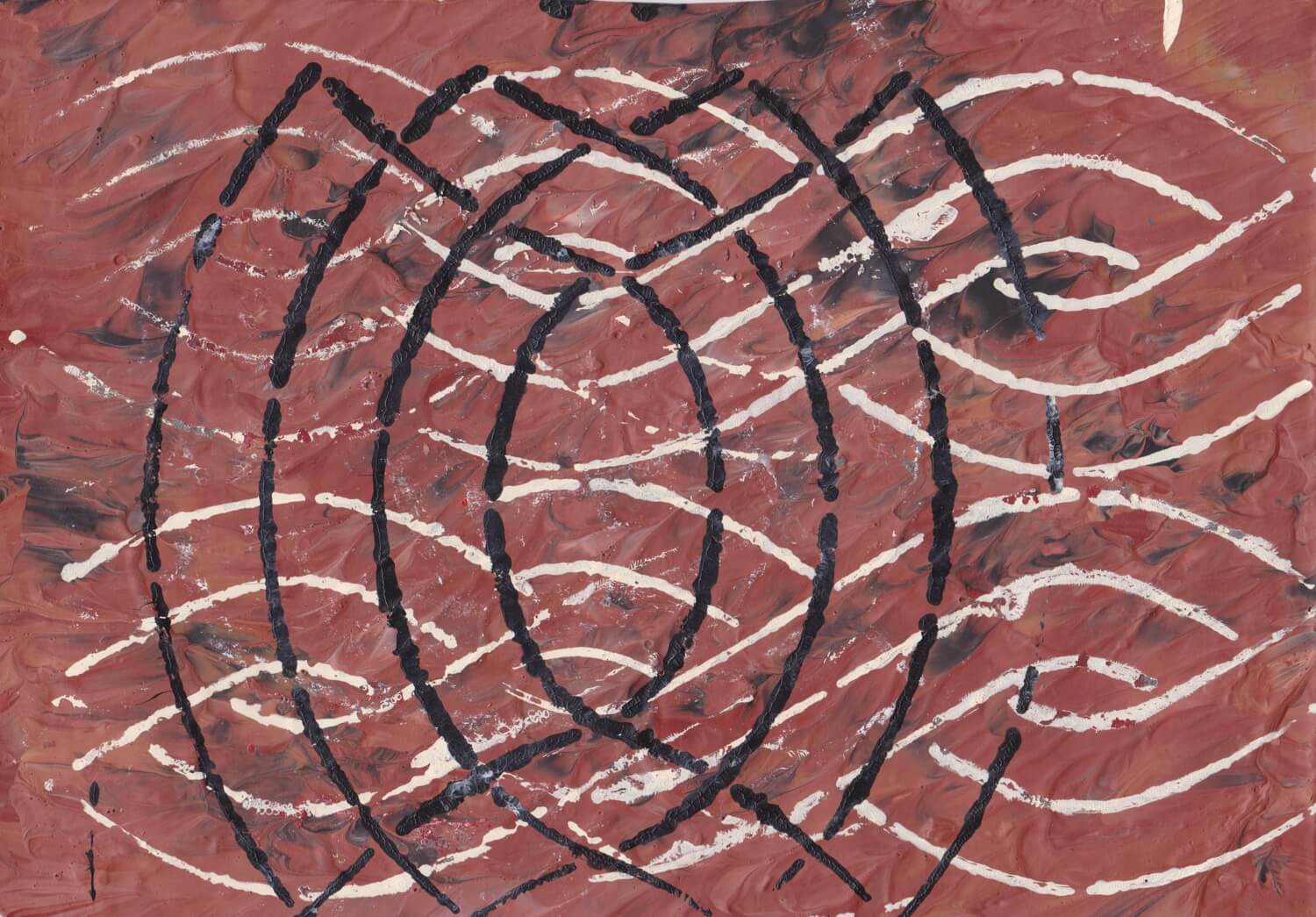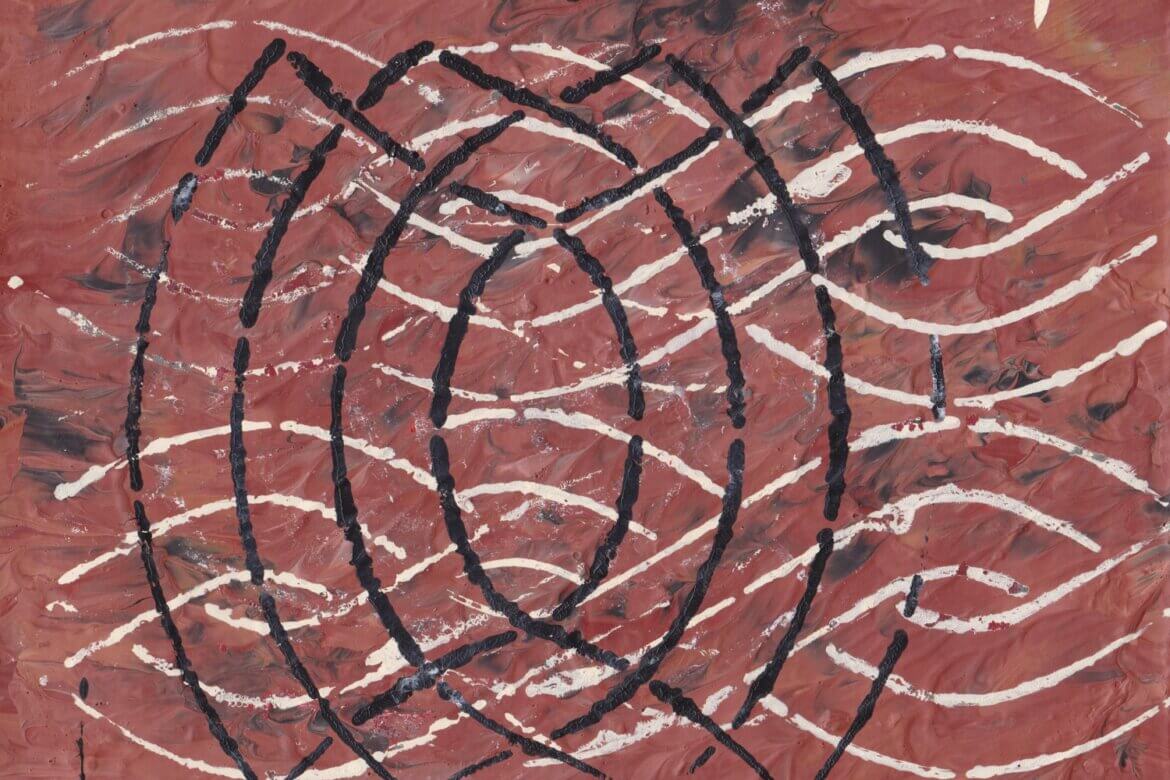Origin of The Origins of Polarization in Religion and Politics And Why it Matters as People of God – PART 1
Paul H. LeMay, Vancouver, B.C.
Volume 37 Issue 4, 5 & 6 | Posted: July 17, 2022

Polarizing partisan political opinions seem to be everywhere these days. Whether disguised as so-called “balanced” news reporting by the CBC, CTV or Global, especially on the Covid crisis; or more blatantly espoused on mainstream U.S. television news networks on the progressive left (e.g., ABC, CBS, MSNBC, PBS or CNN), or on the conservative/libertarian right (e.g., Fox, News Max or Real America’s Voice News). Nor should it come as any great surprise that, over time, we might find ourselves coming to resonate more and more with one of these two large ideologically-motivated opinion camps, if not share one or more of the entrenched opinions ourselves.
Nor are the hearts and minds of Christians immune from the pull from such psychological magnets. No matter whether you see yourself as a devout rosary-reciting Catholic, or a more moderate small “C” cafeteria catholic, we’re all familiar with folks in our lives who, for whatever reason, hold diametrically opposed views to one’s own on any number of subjects. And on some level, we have to admit there’s just something that deeply bugs us about it.
Of course, when it comes to the longstanding conservative-liberal polarity divide within the Church itself, this is nothing new. Those who’ve seen The Two Popes – a film I reviewed in the Winter 2019/2020 edition of ICN – will know of what I speak. Each man was able to rise above their respective temperamental and ideological differences, providing both a timely and helpful example to us in these days of increased social fracture and divide in our secular world.
One of the wedges that has left its own deep wound in the body politic of Christ was the recent pandemic. Though now widely considered over with in most national jurisdictions worldwide, and even legally declared an endemic in California – one of the most restrictive lockdown states during the pandemic – for some bizarre reason, our current Prime Minister still foments views keen to convince Canadians otherwise. Such is but a tiny measure of evidence of the lasting traumatic impact the pandemic had and continues to have on our culture.
But like all psychological traumas, if we hope to heal ourselves both individually and socially, we need to do an honest inventory about where we appear to have gotten things right, and where we appear to have gotten things wrong. Only in this way can we hope to defuse the highly emotionally-charged polarizations that arose concomitant to this medical crisis.
Things right: To help quell the spread of an invisible viral killer, a majority of people from every political stripe in Canada and the U.S. proved willing to roll up their sleeves to receive the new experimental mRNA shots. However, contrary to the unrelenting barrage of messages from initially trusted public health authorities, governments, and a largely unquestioning legacy news media, a small but insistent minority were vociferous in their claim that what we were told was not only less than scientifically balanced, but as such, related public messaging was ethically improper and violated standard medical norms for proper informed consent. This they claim was erosive to the credibility of our existing medical and secular state. A smaller number of people based their objections on religious grounds, owing to the fact that components in the vaccine used cell lines from aborted fetuses.
Things wrong: We’ve seen family members and even close friends become alienated from one another solely on the basis of whether they chose to take a vaccine or not. Many who chose to get multiple shots believed in their hearts they were driven by a wholesome unselfish motivation to protect others in addition to themselves.
However, given Prime Minister Trudeau’s punitive sounding statements during the September 2021 federal election aimed at the then still unvaccinated, and his depicting of the trucker freedom convoy participants as only reflecting extremist right wing elements, is it unreasonable to assume that many Canadians also shared his views? Is it unreasonable to assume they too were inclined to believe that who chose not to get vaccinated were simply selfish and/or ill-informed? Naturally, this has given rise to a still smoldering measure of low-grade anger, accompanied by a sense of moral superiority.
But now that we know that the Covid vaccines did not and do not prevent retransmission, and nor were they as risk-free as once claimed by health authorities owing to a US court-ordered disclosure of Pfizer’s once confidential raw test data from their original experimental subjects, many who once wholeheartedly promoted the vaccine are now realizing that a greater measure of caution and humility were warranted during the period of greatest concern.
As for those who sided with the vaccine-resistance movement, or who only took the jab because they would have lost their jobs otherwise, like those who chose to take the shots out of a sense of moral duty to protect others, these folks too were and are no less driven by wholesome motives to protect lives, along with our God-given right to freewill, as purportedly guaranteed in law by our Charter of Rights and Freedoms.
In seeing those hard-won rights ignored by governments, they felt compelled to speak out and protest, and in doing so appealed to valid opposing scientific evidence. However, as I heard one protestant minister put it during his Ascension Sunday sermon, those who are intent on defending their individual legal rights in relation to Covid, also have a moral obligation to respect the rights of those who chose to get vaccinated, and not to shame or ridicule them. In other words, many who chose not to get vaccinated were no less vulnerable to their own inflated sense of moral superiority.
To be continued in Sept. ICN
Paul H. LeMay, BA (Psych) is a long-time Island Catholic News contributor, and the co-author of “Primal Mind, Primal Games:Why We Do What We Do”. www.primalmindprimalgames.com
Paul H. LeMay, Vancouver, B.C.

